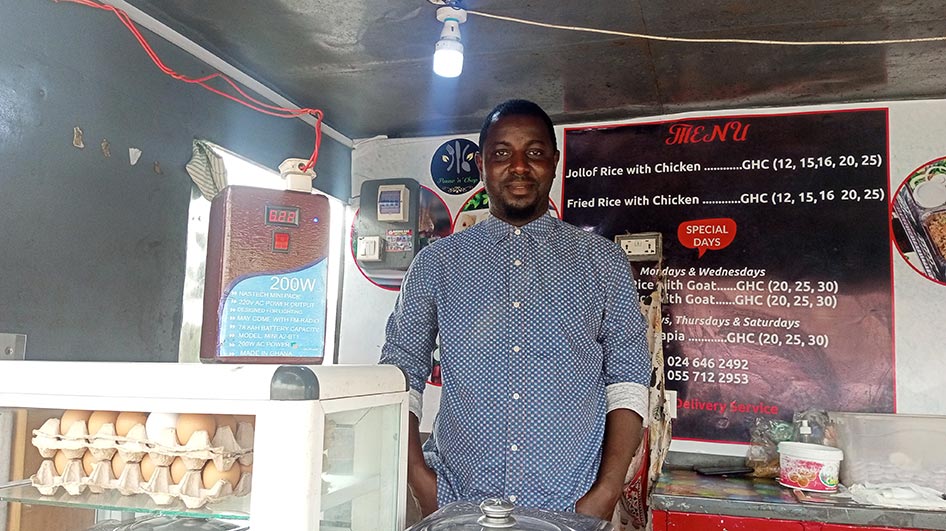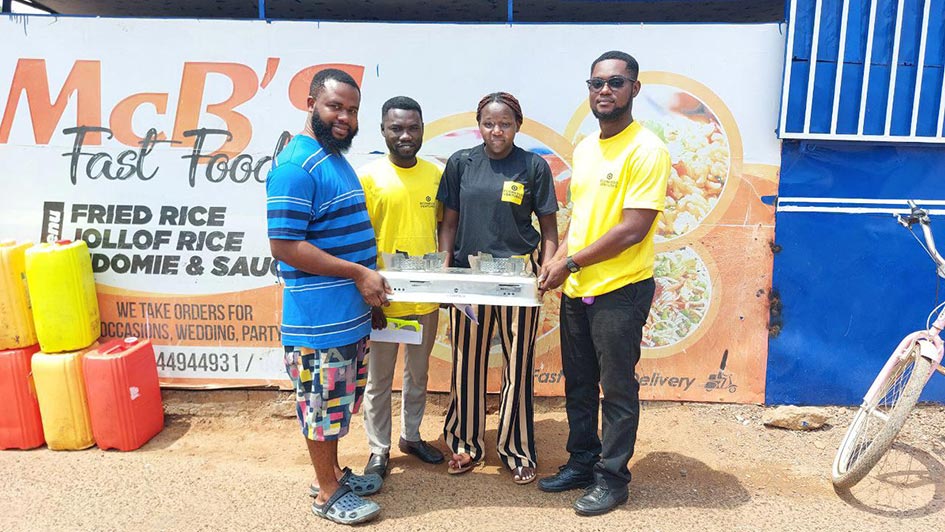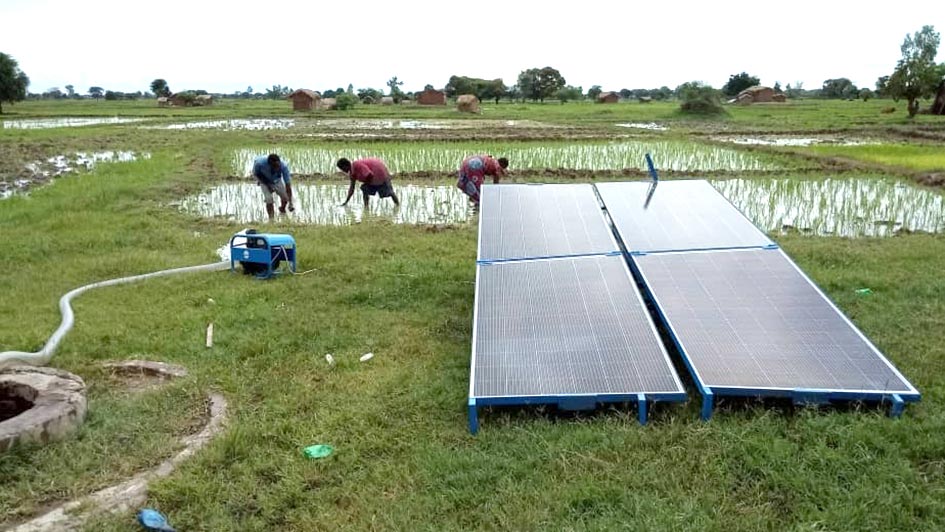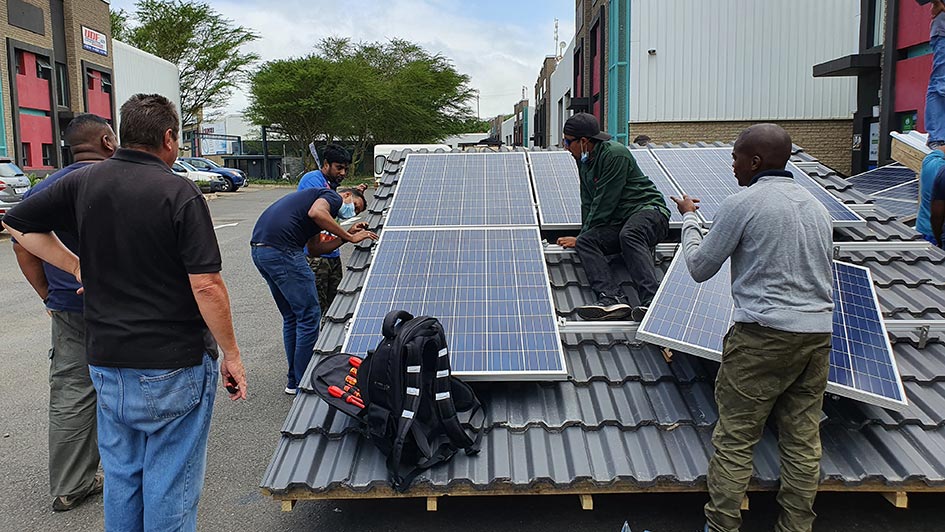SESA Call for Social Entrepreneurs
On behalf of Smart Energy Solutions for Africa (SESA) consortium, Siemens Stiftung executed the “Call for Entrepreneurs 2022” to boost accessibility to affordable renewable energy in Africa. The inaugural call for small and medium-sized enterprises (SMEs) focused on Productive Use of Energy (PUE) solutions in Ghana, Malawi, Morocco, and South Africa. The sectors under PUE included: energy efficient appliances, renewable energy, biomass, and ICT. A SESA jury selected four innovative solutions from close to 100 applications based on their replication potential. Women-led enterprises were particularly encouraged to apply, resulting in over 30% of the total applications coming from female founders.
The selected companies will join the SESA Incubator Programme with the aim of validating selected proof of technology concepts and business models linked to the SESA living labs.
Meet the selected enterprises:
Econexus Ventures Limited Ghana
More than 800 million people in Africa still lack access to clean cooking solutions, making it a major energy challenge. Co-founded by a female entrepreneur Patience Alifo in 2019, Econexus aims to become the region’s climate-smart social enterprise by providing clean cooking solutions through waste-to-energy bioethanol production. In collaboration with SESA partner AAMUSTED, Econexus will test local manufacturing of cookstoves and seek to validate its business model in public schools in Ghana.

Nastech Power Solutions
Kumasi, Ghana
Founded by Samuel Asare in 2018, Nastech combats Ghana’s massive electronic waste issue by recycling electronic waste materials to develop an affordable solar power alternative. Through their solution, they address GHG emissions, environmental pollution, and health challenges. As part of the SESA Incubator Programme and SESA Living Lab Ghana, Nastech will test and validate the circular economy approach and test new customer segments such as secondary schools in two districts in Ghana.

Smart Energy Enterprise (SEE)
Karonga, Malawi
85% of smallholder farmers in Malawi remain largely dependent on rainfed agriculture that is prone to drought and lacks access to affordable irrigation systems. Founded by Gift Mwangairo in 2017, SEE provides solar powered irrigation lsystems to smallholder farmers on loan basis.
Within the SESA Incubator Programme, SEE will provide the relevant technological solutions, expertise and support to test and validate the replication potential of his business model and technological solution in Northern Malawi.

GREEN Solar Academy
Johannesburg, South Africa
GREEN Solar Academy is a female-founded enterprise led by Antje Klauss-Vorreiter. Green Solar Academy will collaborate with SESA partner uYilo E-Mobility Programme of the Nelson Mandela University to test and validate a containerized off-grid renewable energy system in Alicedale, Eastern Cape to improve affordability and access to energy solutions for rural communities.

The four selected enterprises have received sub-contracts ranging from €50,000 up to €70,000 (service agreements) per business over 18 months, with the aim of validating selected proof of concepts and business models for up-scaling. As a part of the SESA Incubator Programme they will receive mentoring and tailored growth support and capacity-building programmes to prepare them for follow-on funding and to strengthen the financial sustainability of their enterprises.
The EU funded SESA project aims at ensuring a high level of applicability, replicability, adaptation, and scalability of the selected business solutions. Under its overarching vision of energy access for all, the enterprises seek to enable economic growth along with creating jobs and contributing to low-carbon development.
Strong international partnership
The SESA project will run for 48 months from October 2021 to September 2025 and is based on a strong partnership between leading African and European universities, research centers, industry players, local governments, knowledge and implementation organizations and networks. The consortium is funded by the HORIZON2020 program of the European Commission.
Elisabeth Biber
+49 8954 0487 304





